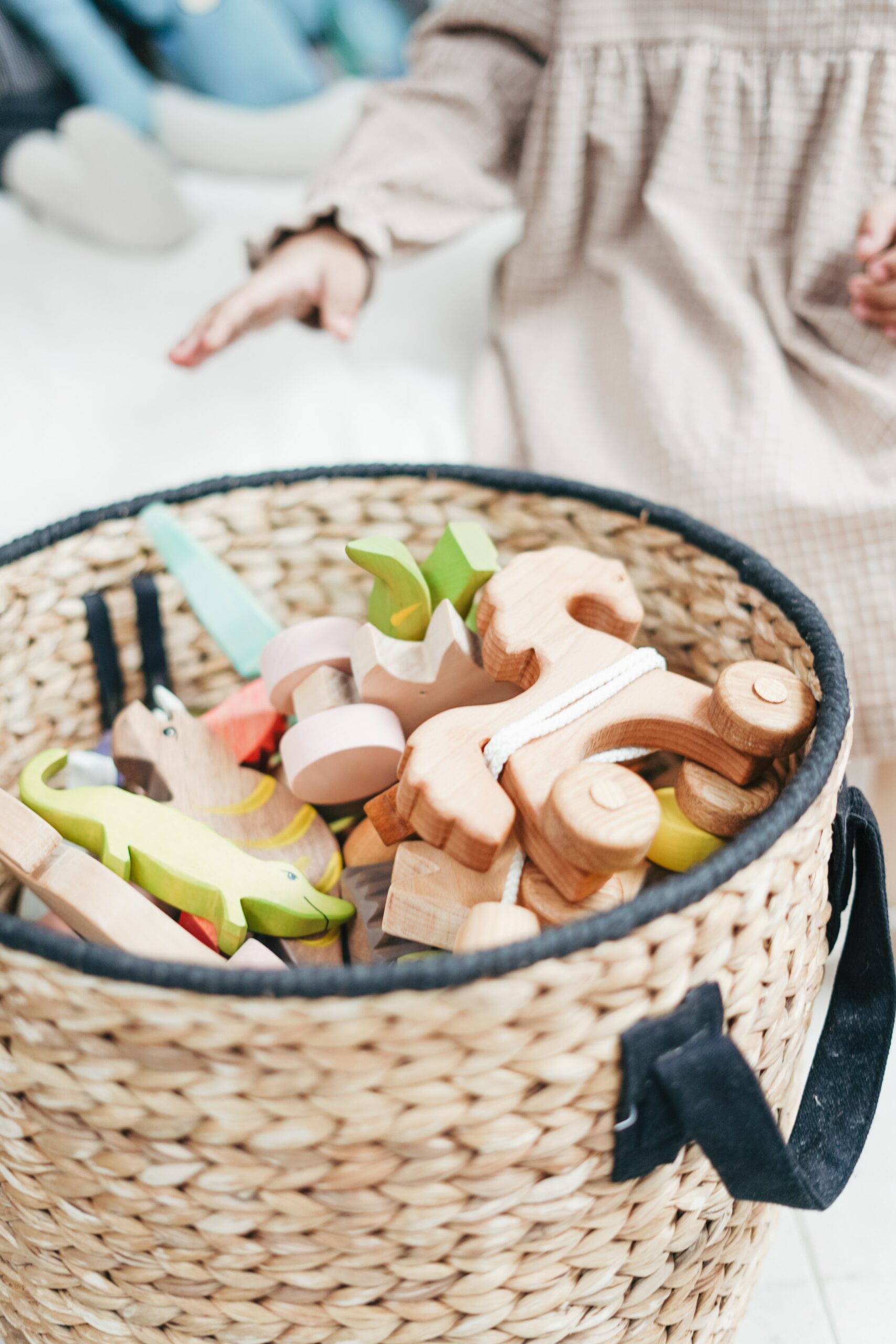Welcome to the world of Montessori education, where learning isn’t just about books and classrooms. It’s about hands-on exploration, self-discovery, and nurturing a love for subjects like math right from the start. In this article, we’re diving deep into the realm of “The Role of Montessori Toys in Early Math Learning.” So, get ready to uncover the secrets behind how these toys can transform your child’s mathematical journey.
Why Should We Care About Early Math Learning?
Before we delve into the world of Montessori toys, let’s address the elephant in the room – why is early math learning so crucial? Well, let me break it down for you:
- Foundation for Life: Early math skills form the foundation for more advanced concepts. Just like building a sturdy house requires a strong base, mastering math from an early age sets the stage for future academic success.
- Problem-Solving Prowess: Math isn’t just about numbers; it’s about solving problems. Early math exposure helps kids develop critical thinking and analytical skills, which are invaluable in life.
- Confidence Boost: Imagine your child confidently solving math problems without fear or anxiety. Early math learning instills this confidence, setting them up for a lifetime of mathematical prowess.
Now that we’ve established the importance of early math learning, let’s move on to the star of the show: Montessori toys.
Montessori Education Principles
Montessori education is like a breath of fresh air in the world of learning. It’s all about giving children the freedom to explore, make choices, and learn at their own pace. Here’s a quick rundown of the key principles:
Hands-On Learning: Making Learning Tangible
Picture this: instead of just reading about shapes and numbers, your child holds geometric shapes and counts colorful beads. Montessori materials are all about tactile experiences, making abstract concepts concrete.
Self-Discovery: Learning Independence
In a Montessori classroom, children are encouraged to discover answers themselves. This promotes independent thinking and problem-solving skills – essential for math.
Montessori Materials: Tools of Learning
From the iconic pink tower for spatial awareness to the golden beads for understanding the decimal system, Montessori materials are carefully designed to facilitate learning in a fun and engaging way.
Early Math Development
Now, let’s dig into the early math development stages. It’s not just about adding and subtracting; it’s a journey of cognitive growth:
Counting Crusaders
In the early years, children start by learning to count. This basic skill forms the foundation for more complex mathematical operations later on.
Shape Shapers
Recognizing and understanding shapes is another crucial early math skill. It’s not just about knowing the difference between a square and a circle; it’s about developing spatial awareness.
Problem-Solving Pioneers
As kids grow, they begin solving simple problems, like sharing toys or arranging objects. This builds their logical thinking abilities.
Mathematical Milestones
By the time children reach school age, they’ve already achieved numerous mathematical milestones, setting them up for success in formal education.
Montessori Toys and Early Math Learning
So, how do Montessori toys fit into this picture? Well, they’re the secret sauce that makes early math learning a delightful adventure:
Montessori Materials Magic
Montessori math materials are carefully designed to align with a child’s natural development. They introduce concepts like numeracy, geometry, and arithmetic in a way that’s easy to grasp.
Counting with Beads and Blocks
Montessori toys often include counting beads and blocks. These aren’t just toys; they’re tools that teach children to count, add, and subtract while having a blast.
Sorting Shapes for Success
Sorting toys are fantastic for developing classification skills and understanding relationships between different objects. It’s like giving your child a head start in geometry.
Benefits of Montessori Toys in Early Math Learning
Let’s talk about the perks of introducing Montessori toys into your child’s life:
Independence is Key
Montessori toys empower kids to learn at their own pace. They can explore, make mistakes, and discover solutions independently.
Sparking a Love for Math
Traditional math lessons can be intimidating, but Montessori toys turn math into an exciting adventure. Kids develop a natural curiosity and passion for numbers.
Smooth Sailing into School
Children exposed to Montessori math concepts have a smoother transition into formal education. They’ve already laid the groundwork for success.
Practical Tips for Using Montessori Toys at Home
Now, let’s talk about how you can bring a touch of Montessori magic into your home:
Create a Math-Friendly Environment
Set up a dedicated learning space with Montessori materials where your child can explore freely.
Age-Appropriate Choices
Choose Montessori toys that suit your child’s age and skill level. Start simple and gradually introduce more complex materials.
Be the Guide, Not the Answer Key
Encourage your child to explore and discover solutions independently. Offer guidance when needed, but let them take the lead.
Potential Challenges and Solutions
Implementing Montessori principles at home isn’t always smooth sailing, but the rewards are worth it:
Patience Pays Off
Some children might take longer to grasp certain concepts. Be patient and let them progress at their own pace.
Flexibility is Key
Montessori is all about adapting to the child’s needs. Don’t be afraid to adjust your approach based on their interests and progress.
FAQs: Your Burning Questions Answered
Are Montessori toys only for preschoolers?
Montessori toys can be adapted for various age groups, making them suitable for toddlers through elementary school.
Do I need Montessori training to use these toys at home?
While Montessori training can be beneficial, many parents successfully incorporate Montessori principles with online resources and guidance.
Can Montessori toys replace traditional math education?
Montessori toys complement traditional education and provide a strong foundation but may not replace formal math instruction.
Conclusion
In a world filled with screens and distractions, Montessori toys stand as beacons of hands-on learning. “The Role of Montessori Toys in Early Math Learning” is not just a phrase; it’s a roadmap to nurturing your child’s mathematical genius

